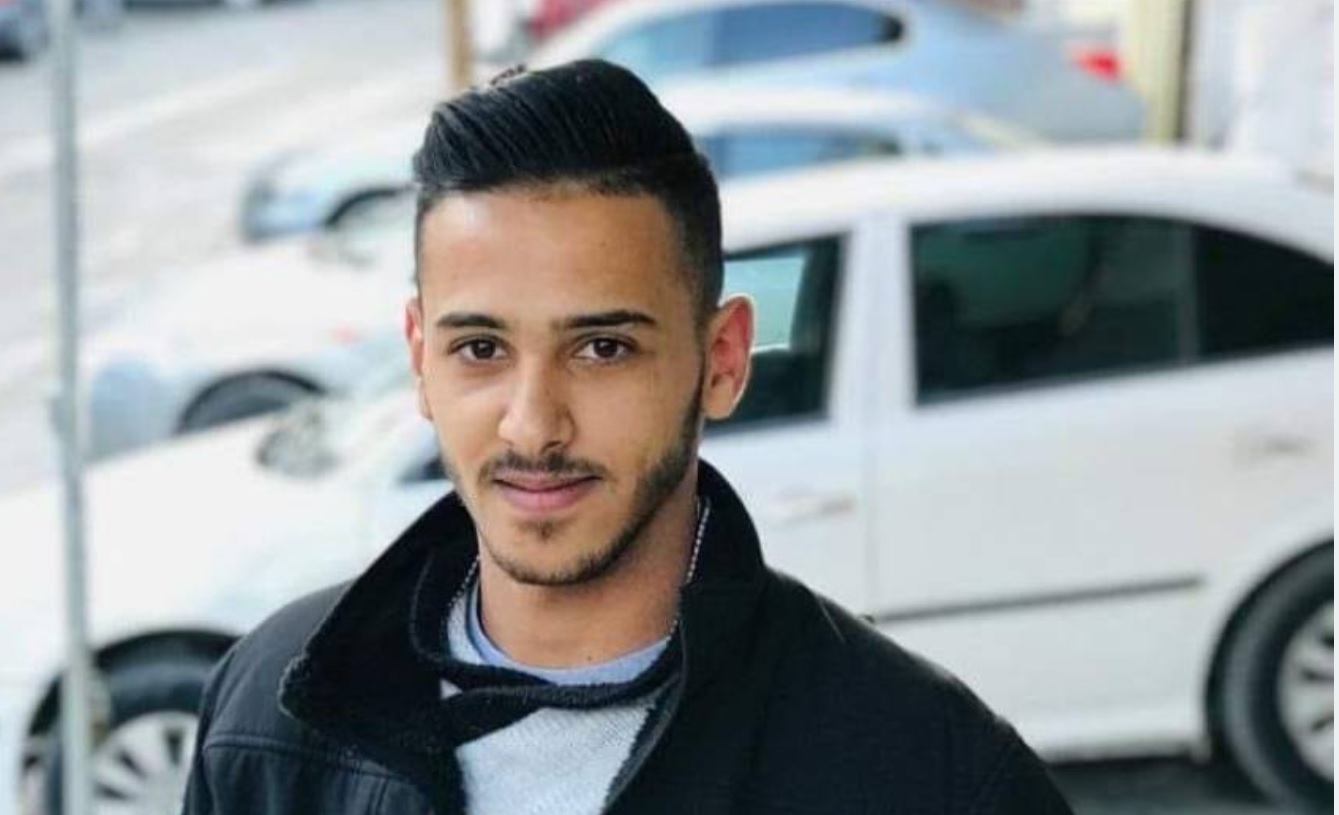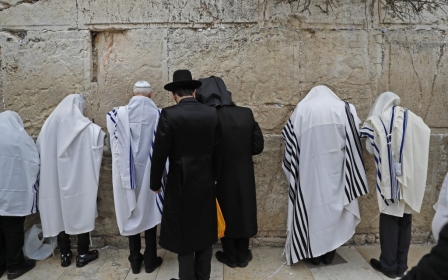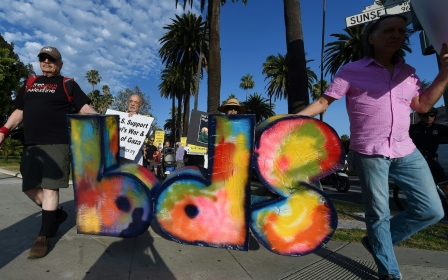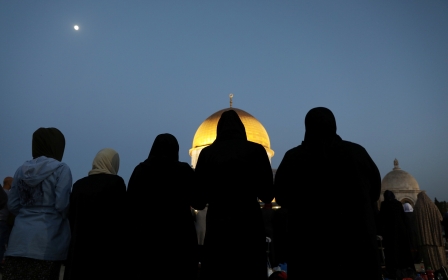Eyewitnesses say Palestinian shot by Israeli police did not pose threat

A 20-year-old Palestinian who was shot dead by Israeli police in occupied East Jerusalem on Thursday night did not pose a threat, two eyewitnesses have told Middle East Eye.
Mohammed Samir Obaid, who spent four years in Israeli prisons as a teenager, was shot in the town of Issawiya following a protest against military and police provocations, which residents say have spiked in the past two weeks as they hold protests against repeated Israeli raids.
He succumbed to his wounds early on Friday.
Israeli police said that officers shot Obaid after he fired fireworks at them, "creating a life threatening situation".
But two residents - Omar Attiyeh, a charity worker, and activist Mohammed Abu el-Hummus - told MEE that no fireworks were fired.
New MEE newsletter: Jerusalem Dispatch
Sign up to get the latest insights and analysis on Israel-Palestine, alongside Turkey Unpacked and other MEE newsletters
'While we were talking to them, a soldier took his gun and shot Mohammed in his heart. I saw that and no words can describe how I feel'
- Omar Attiyeh
The two had been speaking with Israeli soldiers, asking them to leave the area, when Obaid was shot.
"We were very close to the soldiers, and if someone fired fireworks at them, we would also be in danger," said Abu el-Hummus.
According to Abu el-Hummus, a soldier about 10 metres from Obaid picked up his gun and ran after the 20-year-old before firing at him.
"We looked around and started to yell at the soldier in Hebrew - 'you killed him'," he said.
The soldier tried to drag away Obaid's body, but Issawiya residents intervened and put the young Palestinian into a car to be taken to hopsital, said Abu el-Hummus.
Two Israeli special forces vehicles stopped the car, however, and took the body, which is still being held by authorities.
“While we were talking to them, a soldier took his gun and shot Mohammed in his heart. I saw that and no words can describe how I feel," Attiyeh said.
MEE cannot independently verify the accounts and an Israeli police spokesperson did not answer calls for comment on what Abu el-Hummus and Attiyeh observed.
Clashes with the Israeli soldiers followed, and four Palestinian were wounded, according to Wafa news agency. The residents then burned the offices of an Israeli government-funded community centre in the town.
A court on Friday rejected the Obaids' request to obtain his body and gave the police 48 hours to decide whether to release him to the family.
Regular raids, now protests
For years, residents of Issawiya have been subject to regular raids and arrests by the Israeli army and police, with homes in the town regularly demolished.
The Obaids are one of the largest families in the town, which lies on the eastern slopes of Jerusalem. The main entrance of the town was historically near the Hebrew University, but was shut by Israeli authorities during the 2000-2005 Second Intifada. Now only pedestrians can pass there.
During his teenage years, Obaid spent four years in Israeli prisons for his activities against the occupation, according Wafa agency. His father and sister were also former political prisoners.
Over the past year, residents in the town have started to coordinate protests and sit-ins, calling for an end to the raids which they consider to be collective punishment.
The protest on Thursday came after two weeks of intensified Israeli military and police intervention in the area, Attiyeh said.
“The Israeli soldiers have broken into the town for the last 14 days in an aggressive and provocative manner," he said. "They would be walking in the town at 2am for no obvious reason when everyone is asleep."
Of the town's protest, Attiyeh said: “Issawiya is well-known as the Lions’ Den and Little Gaza, where the occupation is not welcomed."
Middle East Eye delivers independent and unrivalled coverage and analysis of the Middle East, North Africa and beyond. To learn more about republishing this content and the associated fees, please fill out this form. More about MEE can be found here.




